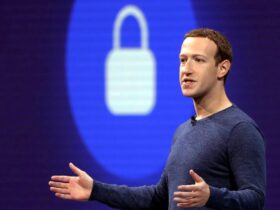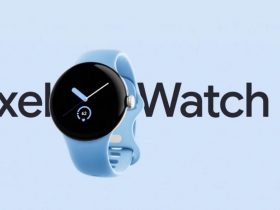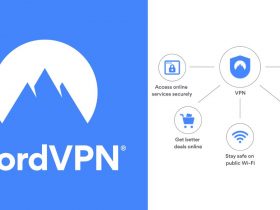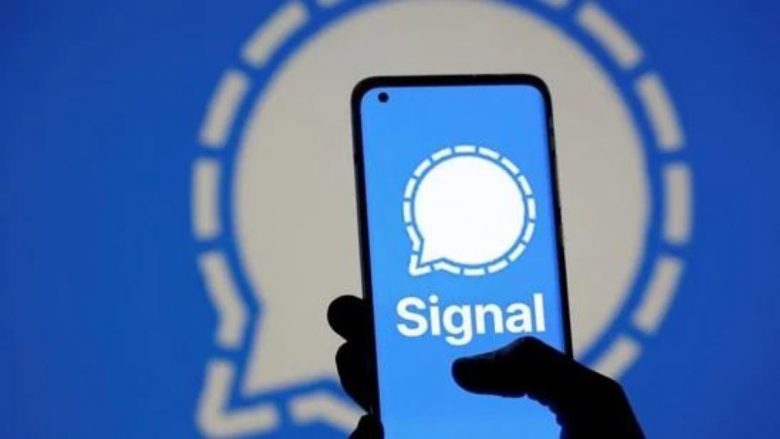Communication with friends, family, and even businesses have become a cakewalk, thanks to messaging apps like Facebook Messenger, WhatsApp, and Telegram. It is daunting to imagine having to endure lockdowns during the early COVID-19 outbreak without these apps.
These chat applications are fantastic, but there is a catch.
This is true especially with Meta’s products like Facebook Messenger, Instagram, and WhatsApp. They gather a tonne of data, get paid from advertisers to show you tailored advertisements. Even though Meta has been hit with multiple fines across the globe, including one for data misconduct in January 2023, this practise still continues.
Owing to this, WhatsApp experienced severe user criticism in January 2021 when it revamped its terms of service and privacy policy. The data that the app will gather and share with its parent firm Meta caused users the most concern (then Facebook). Due to the widespread search for messaging services that don’t sell or disclose user data, Signal rose to prominence.
Elon Musk, the CEO of Tesla, SpaceX, and Twitter, as well as former Twitter CEO Jack Dorsey, all sent out signals endorsing the app, bringing in a tonne of new users.
In January 2021, endorsements from celebrities like Elon Musk increased Signal’s user base.
The software received 7.5 million downloads in the Google Play Store and the Apple App Store between January 7 and 10, 2021. For an app with only 500,000 users in 2019, this was a significant increase.
Explained: Signal And The People Behind It!
Similar to most other messaging services, Signal is an app that allows you to exchange messages and make voice and video conversations. The primary distinction is in Signal’s unwavering dedication to security and privacy. When you look more closely at those who are in charge of it, this is not shocking.
Let’s begin with Moxie Marlinspike, its founder and former CEO. The cornerstone of what would eventually become the Signal system was created by him and Trevor Perrin. Messaging apps such as WhatsApp, Facebook Messenger, and Skype have since incorporated this type of end-to-end encryption (E2EE). Marlinspike, a supporter of privacy, once wrote on his blog about how, in response to the expansion of government surveillance in the United States, we should all have something to hide.
Brian Acton, a founding member of WhatsApp, serves as the interim CEO of Signal. In 2017, he stepped down from his position at WhatsApp owing to a dispute over the app’s business model with Facebook, the app’s parent firm. In contrast to Facebook’s business of selling ads, he and his co-founder Jan Koum sought to keep the app free of advertisements. As soon as he left, he and Marlinspike co-founded the Signal Foundation and gave it a $105,000,400 zero-interest loan.
Contrary to apps like Facebook Messenger that gather user data to sell ads, the Signal Foundation depends on donations to keep the service functioning.
Is Signal Really Safe?
Protocol: Only the sender and the intended recipient can read a message; given the end-to-end encryption feature of the app. Due to this, it is essentially impossible for anyone, including Signal, to listen in on the communication.
Signal additionally encrypts messages using the so-called Double Ratchet method. Every communication is given a unique key preventing an attacker from reading complete conversations even if they only intercept one communication and decipher it.
Open Source: The source code for Signal’s desktop, mobile, and tablet applications is open-source. This enables anyone to look at the code to see if it functions as promised and identify any potential security flaws. Also, it simplifies the process of confirming whether the software is actually as private and safe as the Signal Foundation claims.
No Data Gathering: Signal receives requests for user data from governments and law enforcement organisations, just like other messaging services. It only provides timestamps of when an account was established and when it was last online because it doesn’t keep data like contacts, discussion list, and location. On Signal’s website, under “Government Requests,” you can read the company’s responses in full.
Read | 10 Best WhatsApp Alternatives You Must Try
Signal’s impenetrable encryption is compromised the moment an attacker has physical access to your device. This is why it’s crucial to PIN-lock both your smartphone and the app. In order to leave no stone unturned, it’s a good idea to enable vanishing messages, which remove read messages automatically after a predetermined period of time.



























Leave a Reply